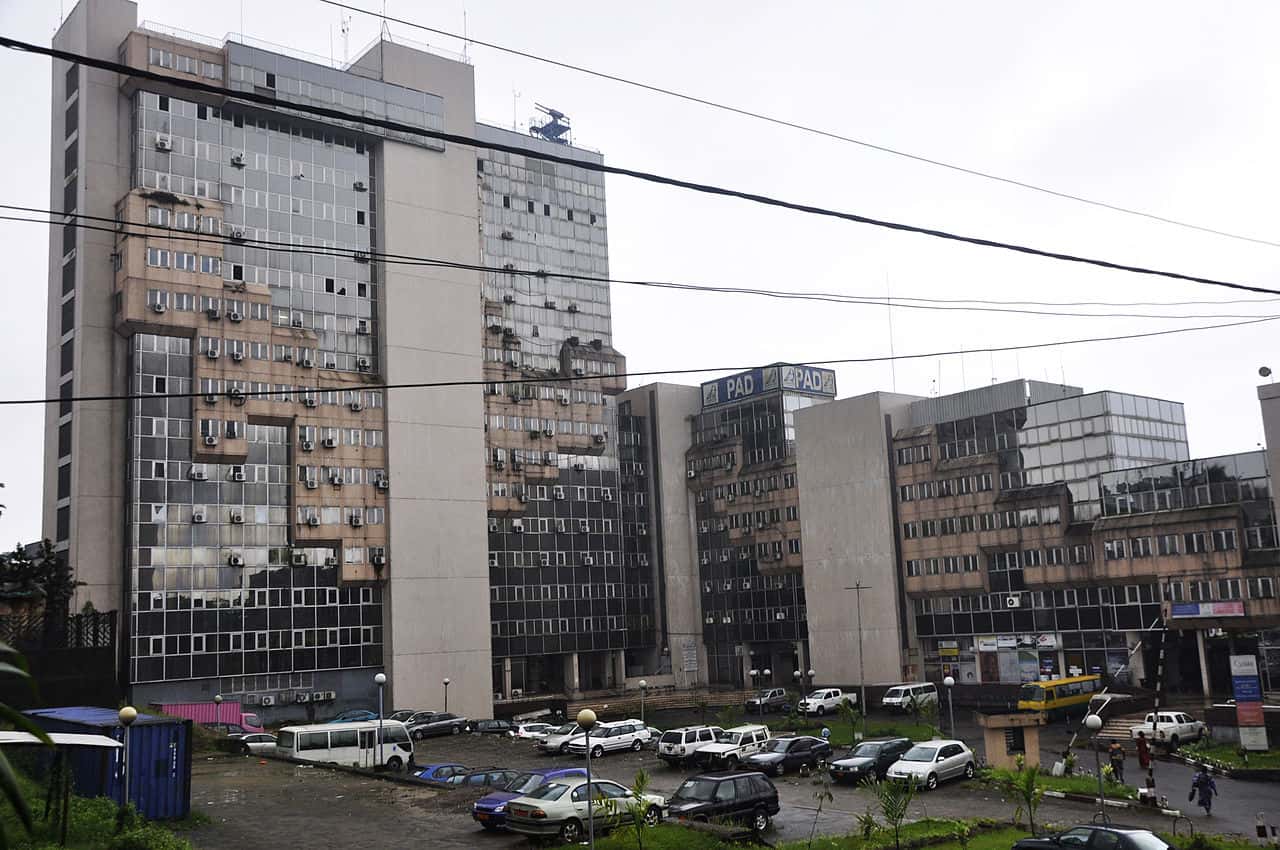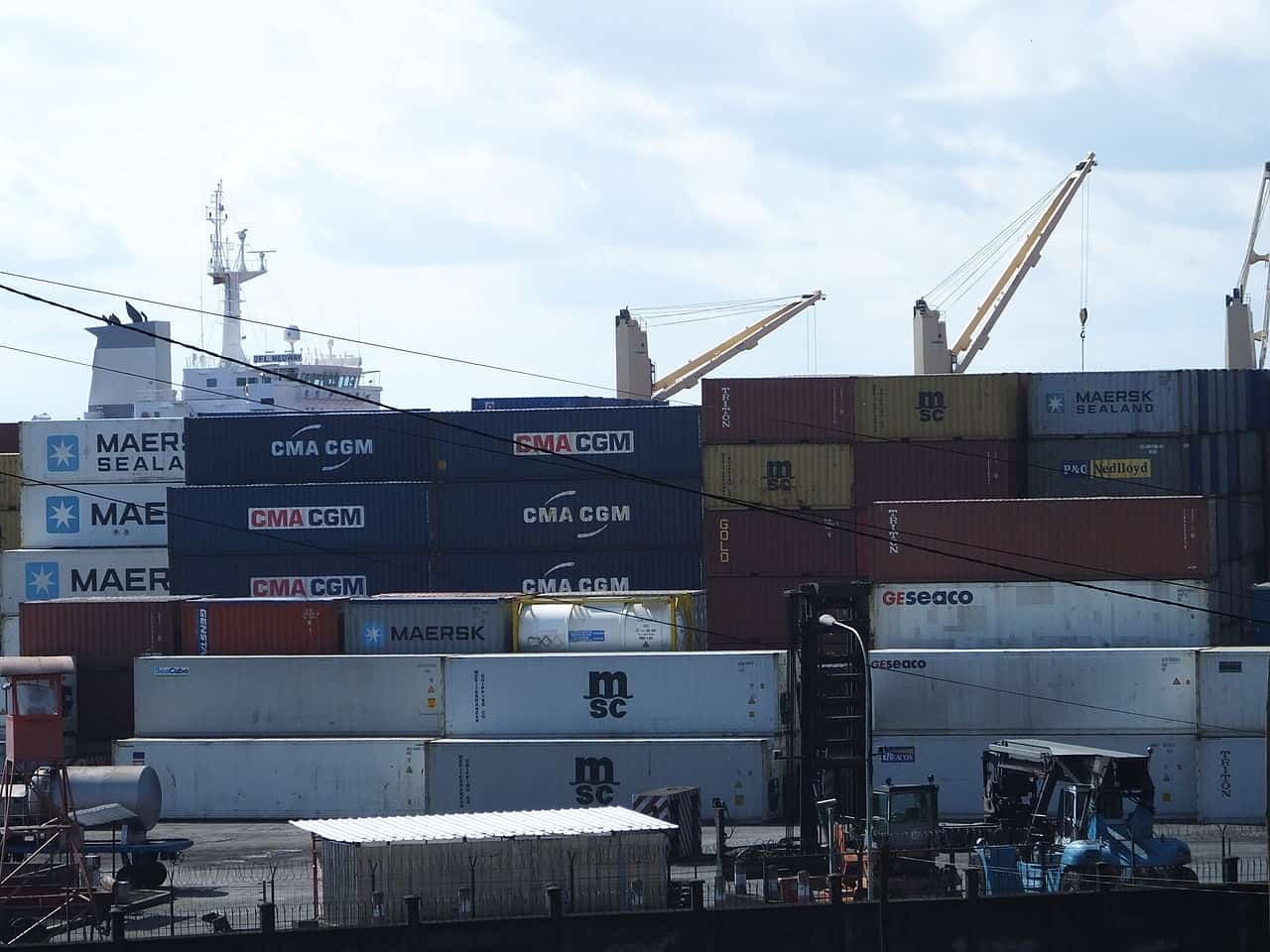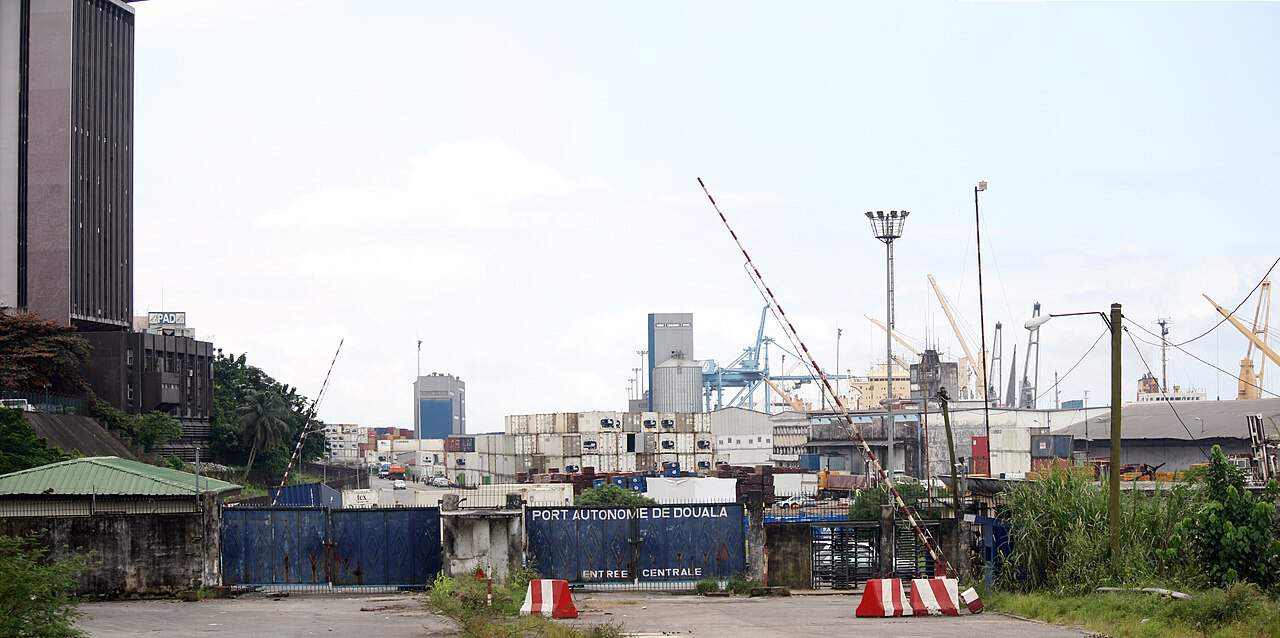We specialize in shipping diaper bales to West Africa. We are highly experienced in handling shipping logistics and can assist with all aspects of shipping to Douala or Kribi.

We specialize in shipping diaper bales to West Africa. We are highly experienced in handling shipping logistics and can assist with all aspects of shipping to Douala or Kribi.

The demand for diaper bales in Cameroon is influenced by several factors, including population growth, urbanization, and rising incomes. Here’s a detailed look at the market demand:
The diaper market in Cameroon is poised for growth, driven by demographic and economic factors. Addressing challenges related to affordability and distribution can further enhance market potential. Both international and local brands have opportunities to expand their presence and meet the needs of Cameroonian consumers.

Cameroon’s import-export shipping industry plays a vital role in the country’s economy, facilitating the movement of goods to and from international markets.

The Port of Douala is the largest and most significant port in Cameroon, serving as the main gateway for the country’s import and export activities. Here’s an in-depth look at the Port of Douala:
The Port of Douala remains a pivotal maritime hub for Cameroon and the Central African region, with ongoing efforts to modernize and expand its facilities to meet future trade demands.